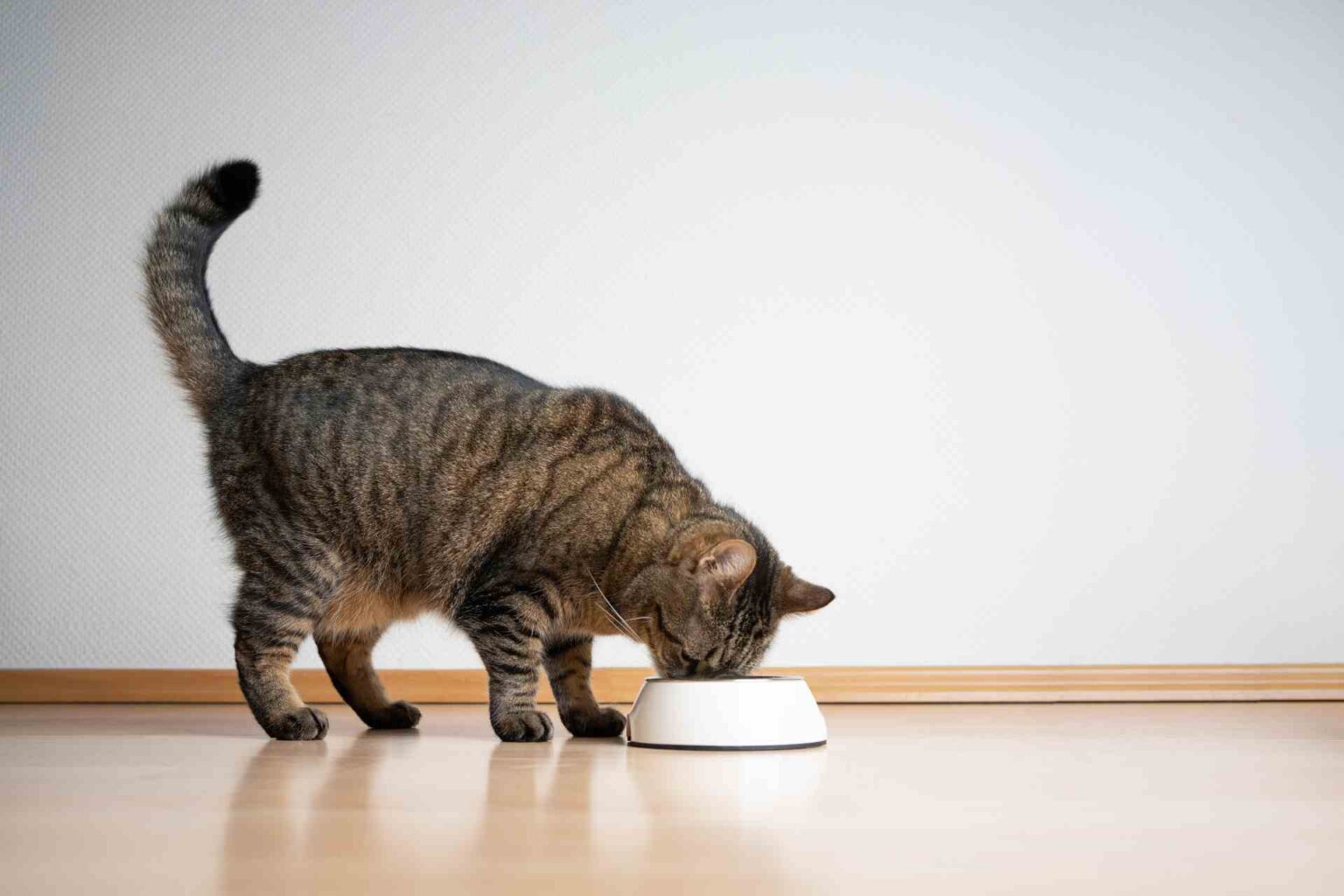Two compounds and one combination: we are talking about gelatin tannate together with tindalized probiotics that would be helpful in restoring physiological function of the intestinal barrier and preventing dysbiosis.
The gastrointestinal (GI) tract constitutes one of the major sites of exposure to the external environment, and because impaired intestinal permeability is implicated in many GI diseases, new therapeutic strategies-focusing on proper function of the intestinal barrier-may offer an innovative approach for the clinical improvement of chronic, usually highly debilitating GI diseases, such as acute gastroenteritis.
Loss of proper bowel function and related diseases
A body of literature data shows a significant association between gastro- and extra-intestinal diseases and altered intestinal permeability. However, whether altered gut barrier function is a side symptom, an early event, or an essential step in the pathogenesis of these diseases remains to be clarified. What is certainly known is that increased intestinal permeability contributes to the aggravation of these diseases. For example, patients with irritable bowel syndrome (IBS) possess significantly higher intestinal permeability, compared with healthy subjects, as shown in in vivo and in vitro studies.
Increased mucosal permeability causes the passage of endoluminal antigens into the deeper layers leading to activation of the immune response resulting in low-grade inflammation: mast cells, in fact, release certain mediators into the intestinal environment that alter gut motor function as well as visceral sensitivity.
Therefore, new therapeutic strategies focused on restoring physiological function of the intestinal barrier for debilitating intestinal diseases should be considered.
Gelatin tannate and tindalized probiotics: why are they considered intestinal mucosal protectors?
In recent years, among mucosal protectors, gelatin tannate is emerging as one of the most promising modulators of the intestinal barrier. It is a combination of tannic acid and gelatin that acts by creating a protective film due to its ability to form bonds with mucin. This compound, which is usually used as a fecal regulator, passes unaltered through the stomach, exerting its function directly in the intestine where it restores the functionality of the intestinal barrier.
The effect of gelatin tannate has been extensively demonstrated through sodium dextran (DSS)-induced murine colitis models, in which gelatin tannate significantly reduced the clinical activity of acute colitis compared with placebo. Through confocal microscopy, it was, in fact, possible to examine the polymeric protective layer that the gelatin tannate had formed around the ulcerated mucosa, thus preventing activation of the immune system response and remodeling the composition of the intestinal microflora. In addition, gelatin tannate reduces the pro-inflammatory effects of lipopolysaccharide (LPS) released by bacteria during the colonization phase.
That probiotics, on the other hand, when administered in adequate amounts, confer health benefits to the host by improving the gut microbial balance, is not only well known but amply demonstrated by numerous scientific evidences and clinical practice itself.
There are two types of biological response modifiers: live probiotics, which can produce active metabolites, and tindalized probiotics, which are no longer able to reproduce due to the tindalization procedure. Tindalized probiotics positively affect gut health and are, in addition, considered safer and more stable products.
Two compounds, one combination
The combination of gelatin tannate together with tindalized probiotics, which includes Lactobacilli, Bifidobacteria, and Streptococcus, can be used to restore intestinal barrier function as well as to prevent and alleviate dysbiosis. Results obtained through permeability tests showed that gelatin tannate combines with tindalized probiotics, protecting intestinal cells from infection by pathogenic strains, such as E. coli, through inhibition of the bacteria’s adhesion and internalization mechanisms.
This mechanism prevents increased permeability and modulates the gene expression of inflammatory cytokines.
Although further clinical studies are needed to explore the effects of the combination in clinical practice, it seems clear from the scientific evidence, that this combination may be indicated for the prevention and treatment of gastrointestinal symptoms including diarrhea and abdominal bloating, caused by infectious gastroenteritis, antibiotic treatments, and chemotherapy.














